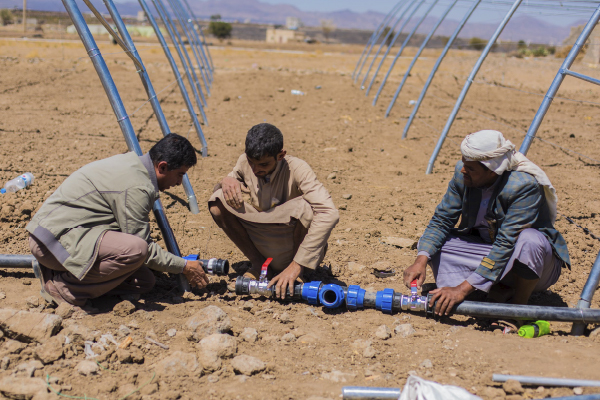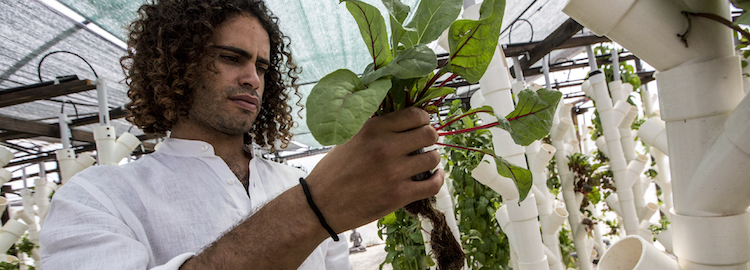A Feature by The Food and Agriculture Organization of the UN (FAO)
BERLIN | ROME | 15 October 2023 (FAO) — Water is finite but an infinitely valuable natural resource. Without it, there would be no food and no life.
Centuries ago, the inventive nature of humankind spurred farmers to discover ways to irrigate crops, giving birth to agriculture and sedentary communities. This revolutionized how people produced food and gave rise to different civilizations around the world. It was not by chance that the first civilizations in Mesopotamia and Egypt flourished around this precious resource by developing on the banks of rivers and on the rich soils of floodplains.
From the Tigris and Euphrates rivers that nurtured Sumerian, Assyrian and Babylonian kingdoms, the Nile that fostered the kingdom of Egypt, to the Indus, Blue and Yellow rivers in India and China. The cradles of civilizations may be different, but their early beginnings all start with water.
From antiquity to the present, communities have been directly influenced by the quality and quantity of water. In fact, to ensure an adequate supply of drinking water in the regions where they have settled, people developed innovative ways of treating and managing it.

Photo: FAO | Soliman Ahmed
Today, irrigation may not seem exciting, but centuries ago, this method was one of the major inventions that transformed agriculture, especially in areas with harsh climatic conditions and rare rainfall.
In ancient Greek and Chinese records, there is evidence of another incredible technological milestone in our history: the discovery of desalination.
This marked the capacity to collect drinkable water from salt water of the seas and ocean, allowing for a new source of water supply. Water was, and still is, essential for agricultural productivity, contributing significantly to food security. Making water safe and accessible to everyone, leaving no one behind, is still an issue that concerns us today.
There are few places on Earth where water is more accessible in adequate amounts to meet the needs of people. The availability, absence, or scarcity of water has marked the whole history of humankind, and it continues to be one of the most pressing concerns that people must confront today. As the world’s population is expected to reach over 9 billion by 2050, it has never been more necessary to feed the world’s growing population healthily, equitably and sustainably.
We, as a global community, face several water concerns, such as water shortage, water pollution, and an uneven distribution of water resources.
To address today’s water challenges, we must ensure effective water usage in agrifood systems, find safe ways to re-use wastewater, safeguard our waters and aquatic food systems, and provide affordable nutritious food for everyone in the face of climate change and increasing demand.
Each challenge is connected, and we must face them together.
New solutions to water shortage and security must be found through science and innovation while also harnessing traditional knowledge. Partnerships and cooperation are also vital to guarantee access to safe water and, by extension, food security. Everyone has a role to play.
Water connects us; it is our shared history, present, and future. [IDN-InDepthNews]
Credit: FAO | Riccardo de Luca
IDN is the flagship agency of the Non-profit International Press Syndicate.


